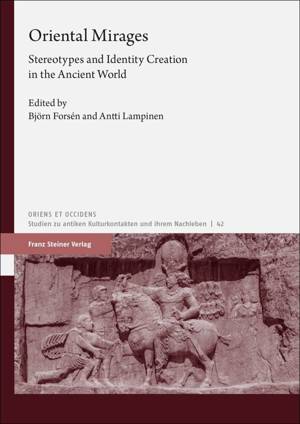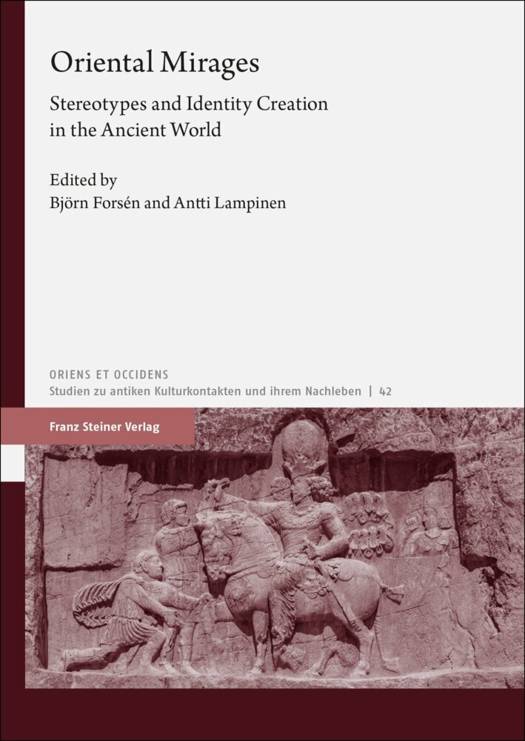
- Afhalen na 1 uur in een winkel met voorraad
- Gratis thuislevering in België vanaf € 30
- Ruim aanbod met 7 miljoen producten
- Afhalen na 1 uur in een winkel met voorraad
- Gratis thuislevering in België vanaf € 30
- Ruim aanbod met 7 miljoen producten
Zoeken
Oriental Mirages
Stereotypes and Identity Creation in the Ancient World
€ 157,95
+ 315 punten
Uitvoering
Omschrijving
Edward Said, in his seminal book Orientalism, perceived clear links between the ancient Greek and Roman stereotypes of the East and the prejudiced European nineteenth-century picture of the Muslim world, which was considered exotic, backward, uncivilised, degenerate, and dangerous, in contrast with the Western societies that were seen as developed, rational, flexible, and, above all, superior. However, the reality is much more complex - shaped by both the imperialist perceptions of defeated enemies embraced by all Middle Eastern empires going back at least to the Assyrians, and the intermixed admiration and jealousy of the old 'Eastern' traditions of learning. Part of the Greek and Roman stereotypes of the East are rooted in the interaction with eastern imperial ideals, being taken over and further developed to strengthen common Hellenic and Roman identities. Due to the subsequent free borrowing of these stereotypes and their application to different societies, the Orient has always been a moving '(n)everwhere' with each culture constructing their own Oriental mirages.
Specificaties
Betrokkenen
- Uitgeverij:
Inhoud
- Aantal bladzijden:
- 341
- Taal:
- Engels
- Reeks:
- Reeksnummer:
- nr. 42
Eigenschappen
- Productcode (EAN):
- 9783515136723
- Verschijningsdatum:
- 6/05/2024
- Uitvoering:
- Paperback
- Formaat:
- Trade paperback (VS)
- Afmetingen:
- 170 mm x 239 mm
- Gewicht:
- 621 g

Alleen bij Standaard Boekhandel
+ 315 punten op je klantenkaart van Standaard Boekhandel
Beoordelingen
We publiceren alleen reviews die voldoen aan de voorwaarden voor reviews. Bekijk onze voorwaarden voor reviews.






